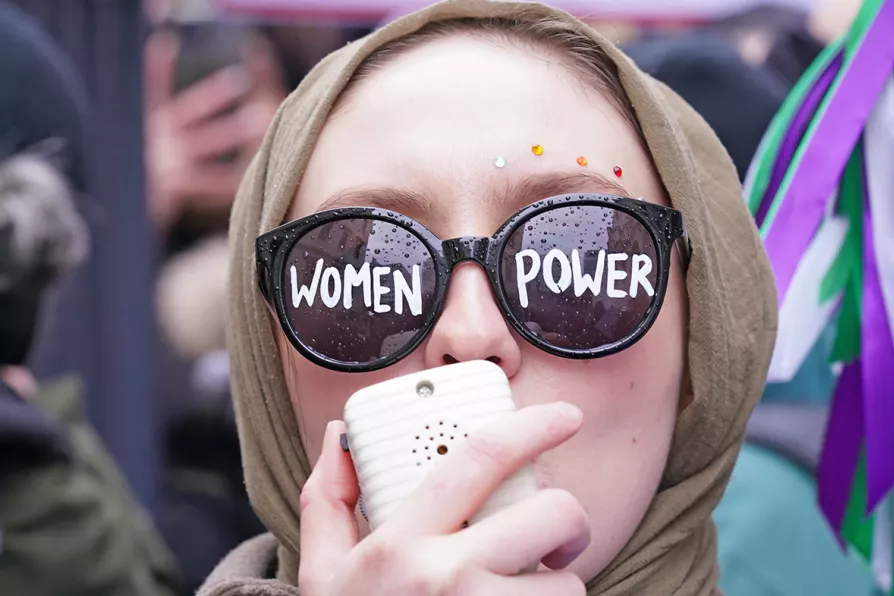Violence against women and girls is a ‘national emergency,’ report warns

 People take part in a Million Women Rise march outside Charing Cross Police Station in central London, ahead of International Women's Day, March 5, 2022
People take part in a Million Women Rise march outside Charing Cross Police Station in central London, ahead of International Women's Day, March 5, 2022
VIOLENCE against women and girls (VAWG) is a “national emergency” with nearly 3,000 crimes recorded every day, a leading police chief has warned in a new report.
More than one million violent crimes against women and girls were recorded by police in 2022-23, according to a report commissioned by the National Police Chiefs Council and the College of Policing.
Today’s report estimates that at least one in every 12 women will be a victim per year, equating to two million women, with the exact number expected to be much higher because of crimes that go unreported.
Similar stories

Campaigners have been battling for an investigation into police failings in Keighley on child abuse for almost 25 years – but what is it about this West Yorkshire town that’s led to it becoming such a hub for grooming gangs? ANN CZERNIK investigates

LYNNE WALSH attempts to unravel the latest advice from local authorities on tackling violence against women and girls

The failure on grooming gangs that has suddenly received a new wave of attention isn’t a failure of multiculturalism; it is a failure to tackle an epidemic of violence against women and girls, write JESS BARNARD and BEN LIAO











